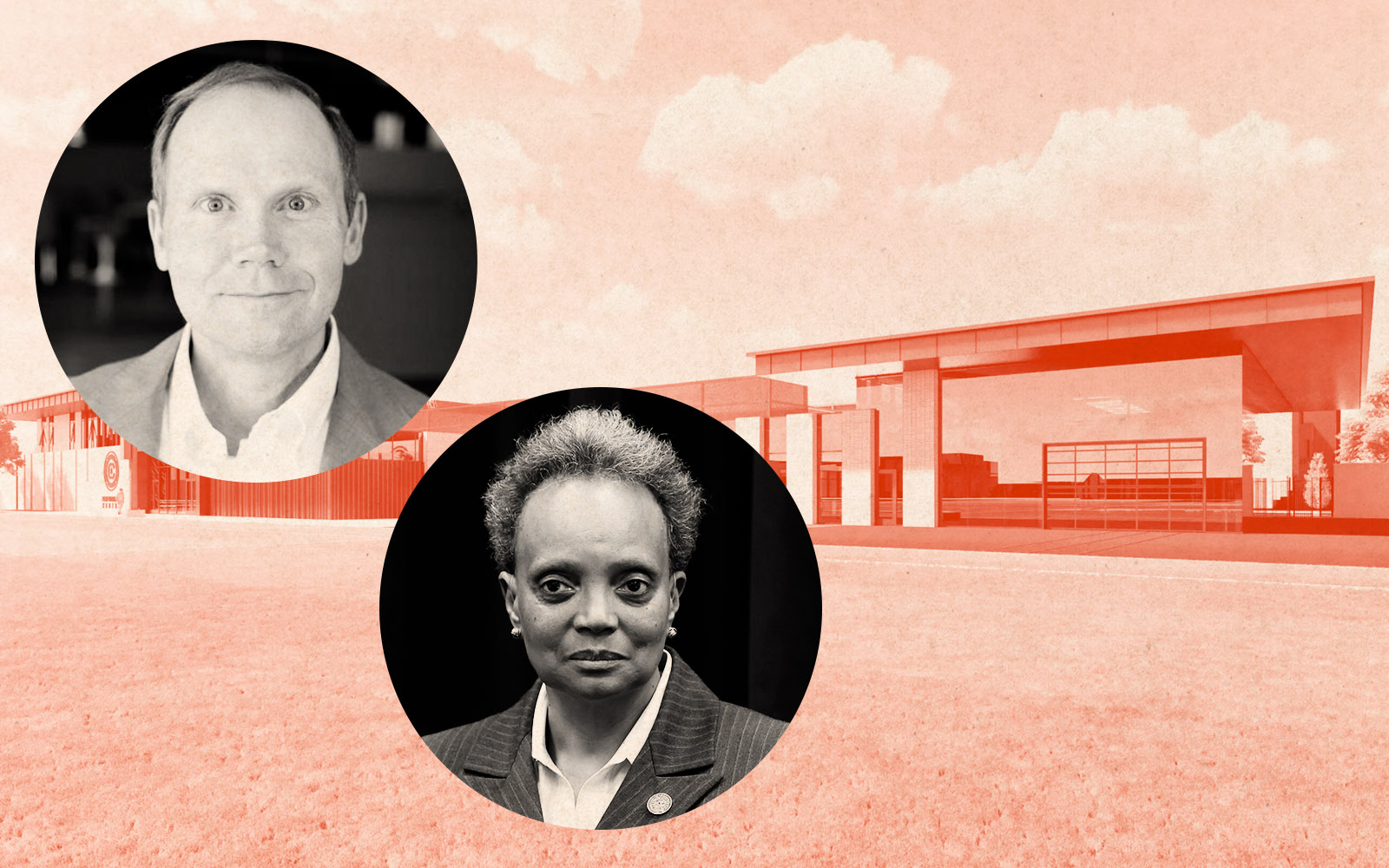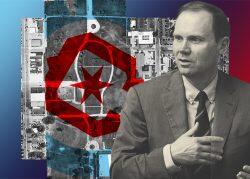The controversy over Chicago Fire’s proposed training facility is heating up.
A lawsuit has been filed against the Chicago Housing Authority, U.S. Department of Housing and Urban Development and HUD Secretary Marcia Fudge.
The Coalition to Protect Chicago Housing Authority Land, the Chicago Housing Initiative and the Lugenia Burns Hope Center are claiming the CHA did not undergo proper local and federal reviews in its agreement to lease land to the soccer club, the Chicago Tribune reported.
The lawsuit requests HUD to perform a full civil rights review, delay further development of the West Side property and compensate the plaintiffs for the alleged damages.
This is the latest drama around the project, which has been hotly contested since it was first proposed. Construction of the $80 million, 53,000-square-foot facility, spanning 23 acres at the former ABLA Homes housing complex site, began in April.
But various organizations and local residents thought the site was best suited for affordable housing, especially since it’s in a disinvested area where the affordable housing crisis is amplified.
“The CHA has been disposing of public housing land to private interests that deprives low-income Black families the chance to live in opportunity areas during an affordable housing crisis, and HUD is supposed to provide oversight of this,” Emily Coffee, one of the attorneys who filed the lawsuit, told the outlet.
Rep. Maxine Waters, a California Democrat and member of the U.S. House Financial Services Committee, which oversees the HUD, recently sent a letter to Fudge and CHA CEO Tracey Scott, questioning their decision to approve the project. Waters urged them to consider halting development and the disposition of vacant land owned by CHA until more information is known about the CHA and HUD’s approval process, the outlet reported.
The Chicago Fire issued a statement defending the project, saying the team has been “highly engaged with residents and key stakeholders on the Near West Side to ensure the performance center has a positive impact on the community.” And added that it will provide funds for affordable housing in the area, safe spaces for youth to participate in free sports programming and employment opportunities for residents.
—Quinn Donoghue
Read more



